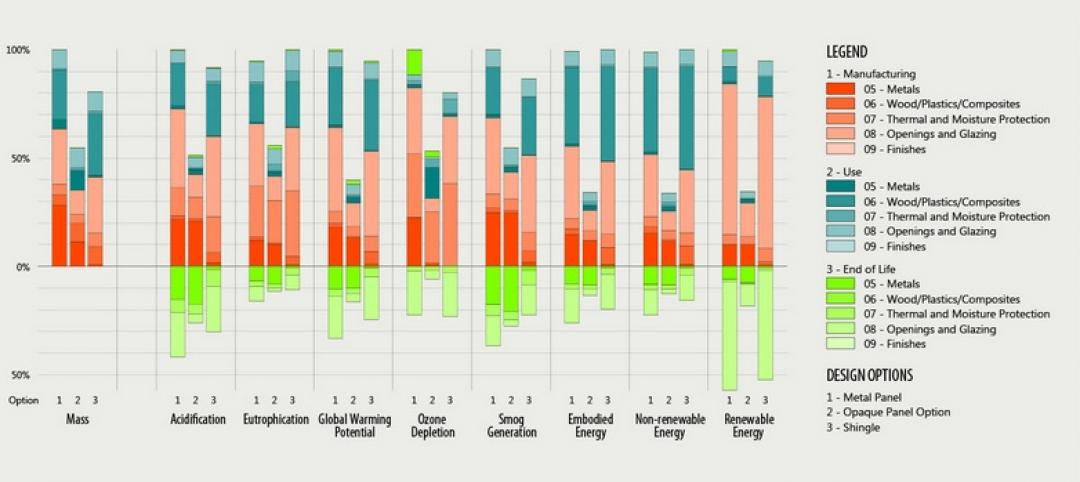The American Institute of Architects (AIA) recently released the 2017 edition of the A201 family of documents.
This release includes updated versions of the AIA’s flagship documents developed for the design-bid-build delivery model. The AIA Documents Committee updates this core set of documents every 10 years.
“It is critically important that industry professionals learn about the 2017 revisions,” says Kenneth Cobleigh, Esq., Managing Director and Counsel of AIA Contract Documents. “The changes impact the roles and responsibilities of each of the parties directly, and understanding the changes will help everyone to promptly review and finalize project contracts.”
Major owner/architect changes include:
- Single Sustainable Projects Exhibit that can be used on any project and added to most AIA contracts to address risks and responsibilities associated with sustainable design and construction services.
- Agreements contain a fill point to prompt the parties to discuss and insert an appropriate “Termination Fee” for terminations for the owner’s convenience.
- Architect is no longer required to re-design for no additional compensation if he or she could not have reasonably anticipated the market conditions that caused the bids or proposals to exceed the owner’s budget.
- Services beyond Basic Services and identified at the time of agreement are now categorized as Supplemental Services, to avoid confusing them with Additional Services that arise during the course of the project.
- Agreements clarify how the Architect’s progress payments will be calculated if compensation is based on a percentage of the owner’s budget for the Work.
Related Stories
| Nov 27, 2013
Ohio legislators move to ban use of LEED on public construction
Two Ohio state senators have introduced legislation that seeks to ban the use of LEED in public construction.
| Nov 27, 2013
ASTM issues revised standard on phase I environmental site assessments
ASTM has issued revised standard ASTM E1527-13 that governs phase I environmental site assessments.
| Nov 27, 2013
Vancouver, B.C., bans doorknobs in building code update
The goal of making it easier for people to age in place led to amendments to Vancouver, B.C.’s building code including banning doorknobs in favor of lever handles.
| Nov 22, 2013
Kieran Timberlake, PE International develop BIM tool for green building life cycle assessment
Kieran Timberlake and PE International have developed Tally, an analysis tool to help BIM users keep better score of their projects’ complete environmental footprints.
| Nov 20, 2013
WDMA receives final approval on code amendments
The Window and Door Manufacturers Association (WDMA) was granted final approval of several amendments it proposed to the 2015 editions of the International Residential Code (IRC), International Energy Conservation Code (IECC), and International Existing Building Code (IEBC).
| Nov 20, 2013
Safe Jobs Act would provide more protection for New York City construction workers
Legislation that would require safety training for construction workers on public projects in New York City has been introduced to the City Council.
| Nov 20, 2013
Boston officials grapple with impact of new FEMA flood maps
New federal maps for Boston significantly expand the number of homes and businesses in areas considered at high risk of flooding, a change that could force thousands of property owners to purchase expensive insurance and complicate redevelopment along the city’s waterfront.
| Nov 20, 2013
How LEED and Green Globes stack up
An analysis of the strengths and weaknesses of the Green Globes rating system and LEED standards puts LEED ahead, but doesn’t discount the merits of Green Globes.
| Nov 14, 2013
First LEED v4 certified project garnered by Beijing furniture showroom
Haworth’s showroom in Beijing’s Parkview Green building has been recognized as the world’s first certified LEED project under the USGBC’s new LEED version 4 beta program.
| Nov 14, 2013
OSHA proposes requirement for large firms to disclose workplace injuries
A proposal from the Occupational Safety and Health Administration would require companies with more than 250 employees to disclose workplace injury and illness reports online.











